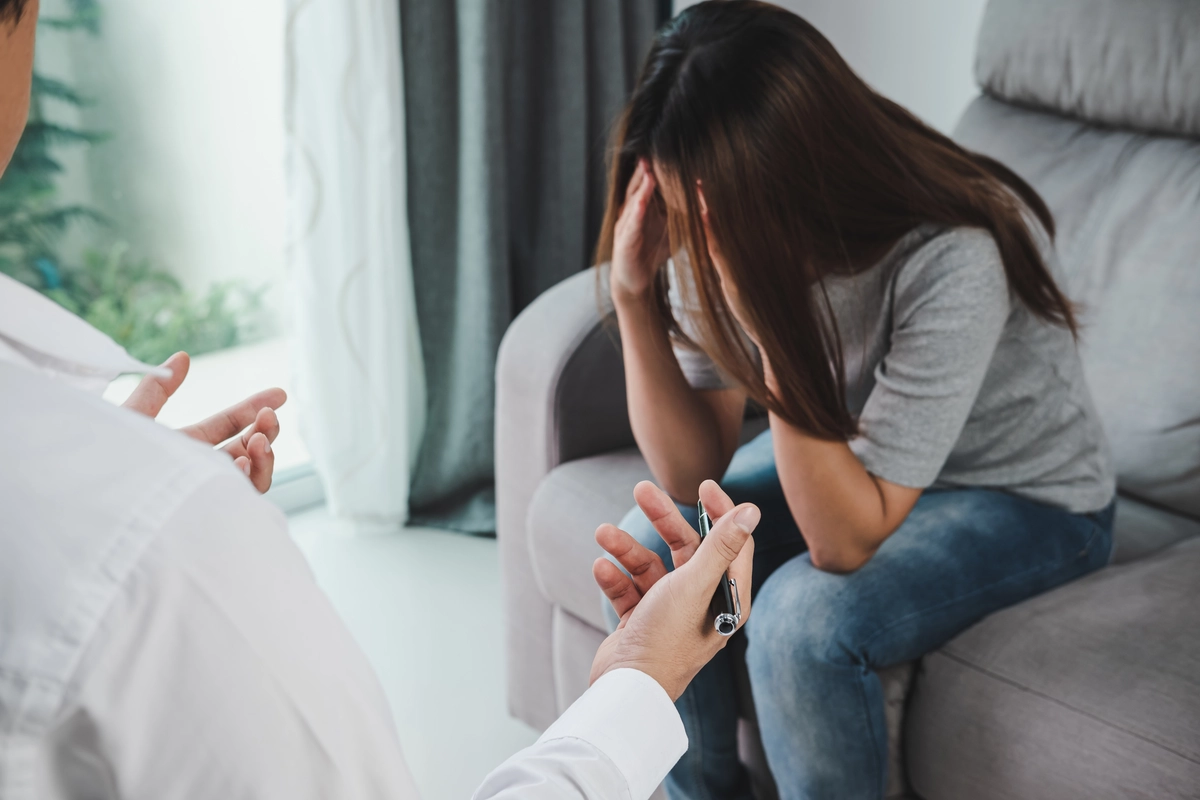24/7 Helpline:
(866) 899-221924/7 Helpline:
(866) 899-2219
Learn more about Intensive Outpatient Program centers in Union County

Other Insurance Options

Private insurance

Self-pay options

WellCare Health Plans

BlueShield

Ambetter

Magellan

Holman Group

PHCS Network

Sutter

Choice Care Network

Horizon Healthcare Service

ComPsych

BHS | Behavioral Health Systems

Humana

Kaiser Permanente

Carleon

MVP Healthcare

UMR

Sliding scale payment assistance

Magellan Health

Oxford Treatment Center
Oxford Treatment Center, in Etta, Mississippi, is a luxury, 12 step focused drug and alcohol rehab f...










































